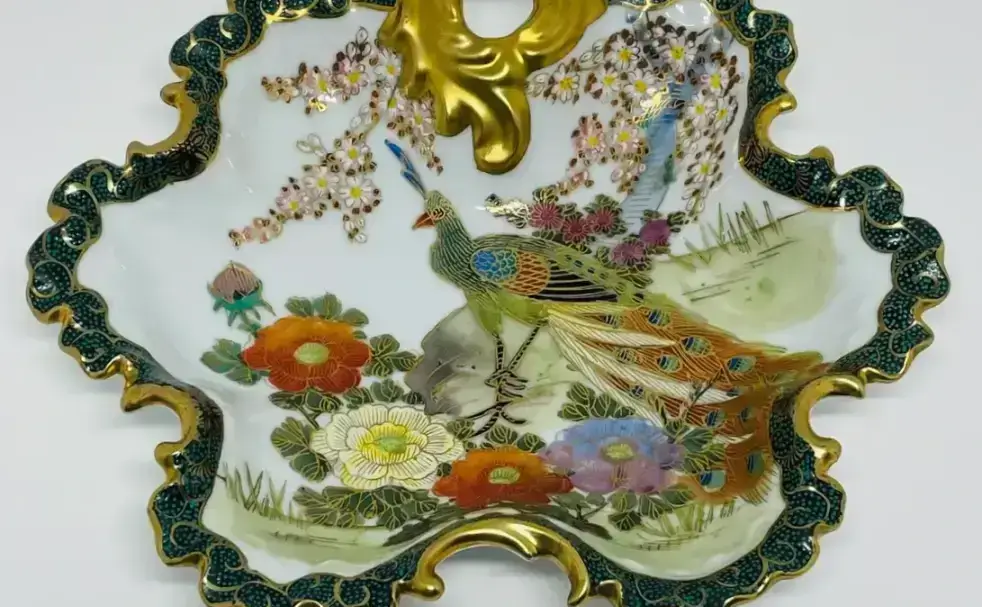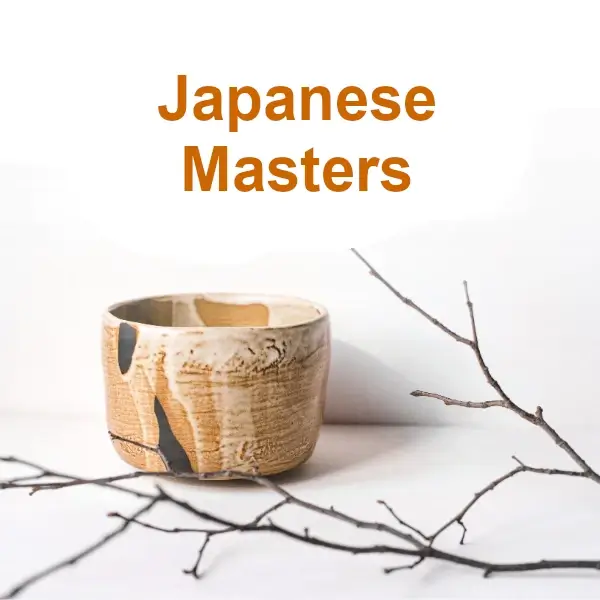Jōzan Yamada III: The Japanese Ceramic Genius
The Legacy of Jōzan Yamada III in Tokoname Ceramics
Jōzan Yamada III, born in 1924 and died in 2005, was a leading figure in the world of Japanese ceramics, especially known for his mastery of Tokoname ware. Heir to the legacy of his father and grandfather, from a young age he immersed himself in the art of ceramics, initially adopting the name Sho-jozan, meaning “little Jōzan,” in honor of his father.
Yamada III’s talent was recognized internationally in the 1950s, winning the Grand Prix at the Brussels International Exposition in 1958 and continuing with a series of accolades that cemented his reputation. His ability to innovate within tradition earned him the title of Living National Treasure in 1998, a distinction that recognizes individuals who have made significant contributions to the preservation of traditional Japanese arts and techniques.
Yamada III was noted for his technique in creating teapots, mainly for sencha tea, to the point that Tokoname shudei ware was said to be synonymous with Yamada Jōzan.
His works, which range from classic pieces to innovations aligned with modern purposes, reflect a deep appreciation for functionality and aesthetics, leaving a legacy of more than 100 designs that served as prototypes. In addition to teapots, he also created notable pieces such as sake sets, flower pots and large bowls, showing the breadth of his skill and artistic vision.
The work of Jōzan Yamada III is not only a testament to excellence in Japanese ceramics, but also a reminder of the value of tradition in dialogue with innovation. His life and work continue to inspire artists and artisans, keeping alive the rich heritage of Tokoname ceramics.
List of Japanese master ceramists
In an attempt to give recognition to the master ceramists of Japan, we have made a series of biographical articles, you can access them through this drop-down list.
We hope this will help to spread the beautiful tradition of Japanese pottery.
It will help us if you share on social media:
Other posts about Japanese pottery:
Arita Ceramics: The Japanese pottery that stands the test of time
Exploring the unique art of Muan Nakazato: Ceramics with Soul





